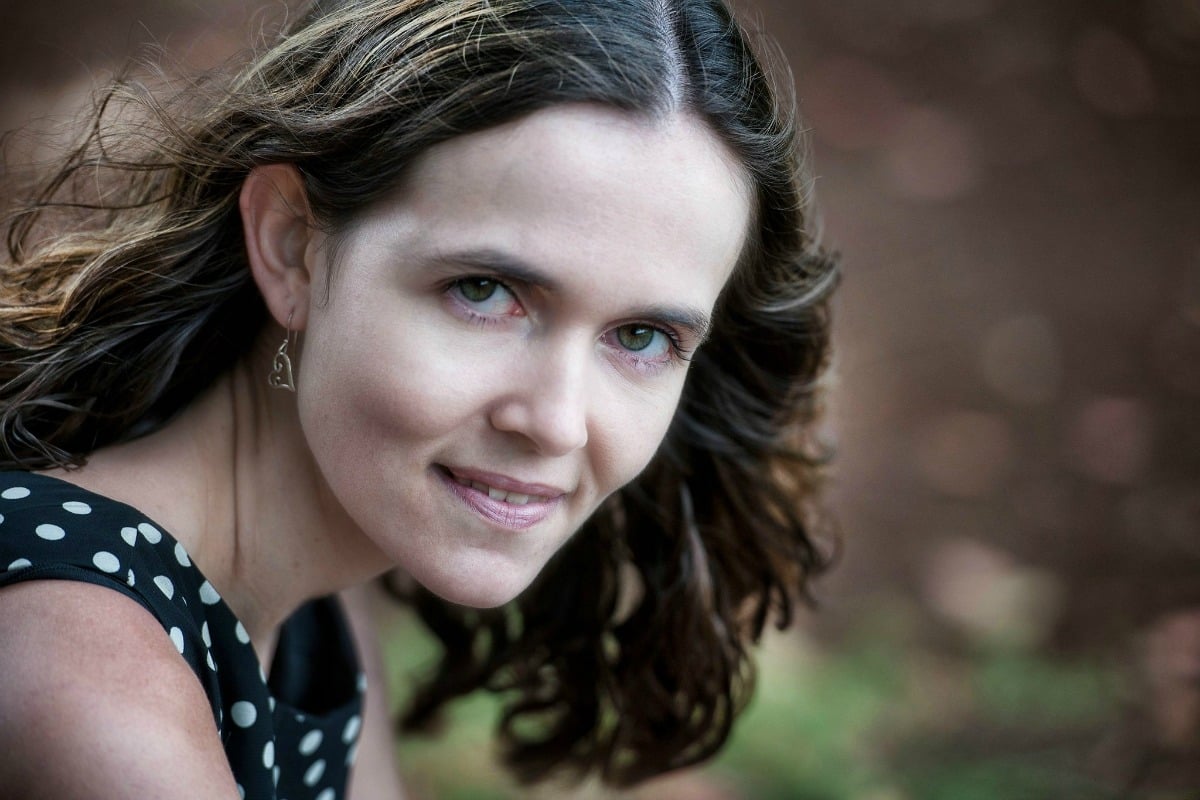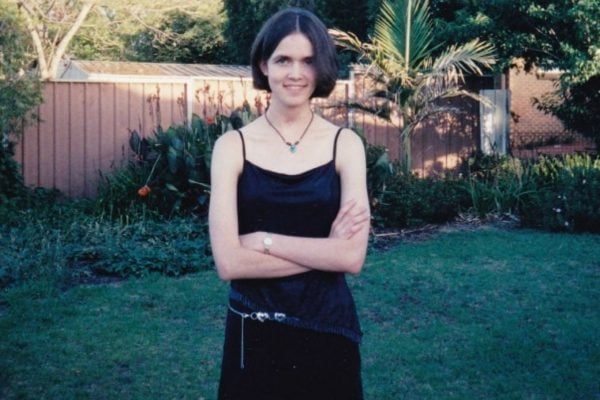
Content warning: This post contains mentions of family violence and may be triggering for some readers. For 24-hour support, please call 1800 RESPECT on
When I was 13, I realised that not all mothers were like mine. It wasn’t the fact my mother had home-schooled me up to that point, or even that I was an only child in a strict but loving family.
It was the fact most children weren’t raised by a mother who’d tried to kill them.
Until that point, I’d always known our family’s secret wasn’t appropriate conversation with strangers or a conversation topic for other children.
My mother had home-schooled me throughout primary school and she’d taught me to cook, sew and clean. In my young mind, I saw her as both the loving mother and the bad mother, two separate people.
It was when I was 11 that the images of my two separate mothers began to blur, as she slid into another breakdown. Three months of plane trips across the country, fights and police involvement later, my parents called it quits on their marriage.
It was my parents’ divorce which pushed me into the school system and saw me living with my father, right as I began to go through the questions, hormones and confusion of teenagehood.
Joining my peers in a school environment changed the boundaries, as I was confronted with questions about the white tube sitting in my throat, helping me to breathe in noisy breaths.
With my mother no longer a part of my daily life and my schoolmates finally approaching an age where such things were hard to keep under wraps, parts of my story began to join the whispers around my class and in the grades above me.






























































































